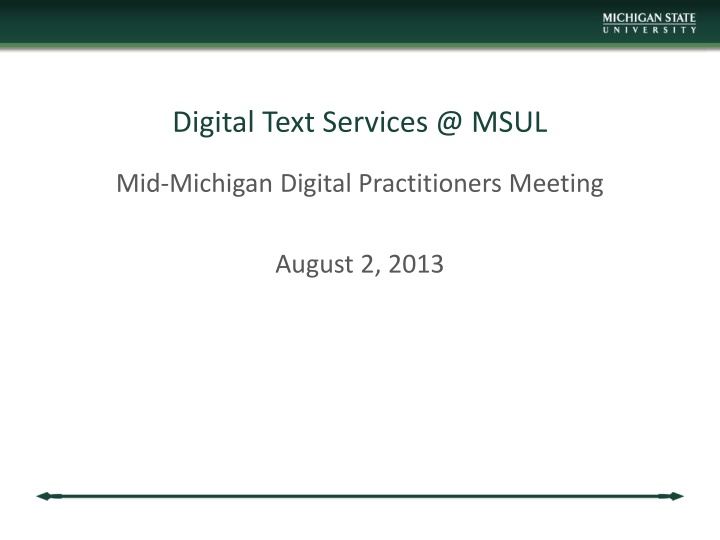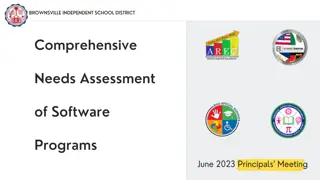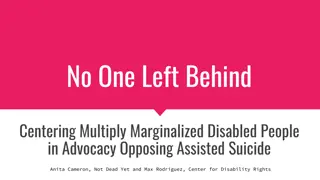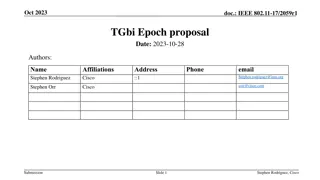
Transforming Scholarly Practices Through Digital Humanities Engagement
Explore the transformative impact of Digital Humanities on scholarly practices, from collaborative librarian-scholar partnerships to innovative digital collections and tools. Discover new models for librarian-scholar collaboration and the role of libraries in advancing digital scholarship and knowledge dissemination.
Download Presentation

Please find below an Image/Link to download the presentation.
The content on the website is provided AS IS for your information and personal use only. It may not be sold, licensed, or shared on other websites without obtaining consent from the author. If you encounter any issues during the download, it is possible that the publisher has removed the file from their server.
You are allowed to download the files provided on this website for personal or commercial use, subject to the condition that they are used lawfully. All files are the property of their respective owners.
The content on the website is provided AS IS for your information and personal use only. It may not be sold, licensed, or shared on other websites without obtaining consent from the author.
E N D
Presentation Transcript
Digital Text Services @ MSUL Mid-Michigan Digital Practitioners Meeting August 2, 2013
Other library models Collaboration/Engagement with Faculty: Of all scholarly pursuits, Digital Humanities most clearly represents the spirit that animated the ancient foundations at Alexandria, Pergamum, and Memphis, the great monastic libraries of the Middle Ages, and even the first research libraries of the German Enlightenment. It is obsessed with varieties of representation, the organization of knowledge, the technology of communication and dissemination, and the production of the useful tools for scholarly inquiry. Ramsay, S. (2010, October 8). Care of the Soul. Lecture conducted from Emory University. Retrieved from http://stephenramsay.us/text/2010/10/08/care-of-the-soul/
New models for librarian-scholar collaboration include much more librarian engagement with the entire research process than ever before. From grant-seeking, project planning, data collection and organization, and metadata creation, to data analysis and visualization, content dissemination, and long- term archiving, libraries have significant roles to play in developing and sustaining effective practices in digital scholarship. Vinopal, J, McCormick, M. (2013). Supporting Digital Scholarship in Research Libraries: Scalability and Sustainability. Journal of Library Administration, 53:1, 37-42
1. Building digital collections as scholarly or teaching resources, 2. Creating tools for authoring, building digital collections, analyzing collections, data or research processes, managing the research process, 3. The use of digital collections and analytical tools to generate new intellectual products, 4. Offering digital humanities training, 5. Offering lectures, programs, conferences or seminars on digital humanities topics, 6. Conducting research in humanities and humanities computing (digital scholarship), 7. Creating a zone of experimentation and innovation for humanists, 8. Serving as an information portal for various humanities disciplines, 9. Serving as a repository for humanities-based digital collections, and 10. Providing technology solutions to departments in the humanities and social sciences.















